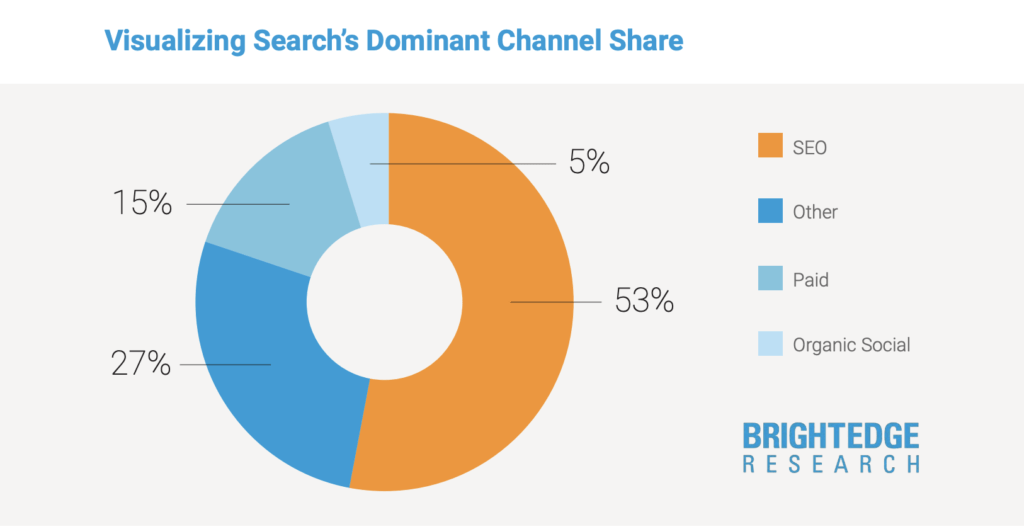5 reasons to translate your website
17th January 2021
The past few years have brought a dramatic change in user behaviour with more people starting to shop online, even if they were reluctant to do so before. This created new potential for businesses seeking to compete in markets worldwide. We all know that serving multilingual and global customers online is a great way to achieve sustained company growth. But for your website to succeed internationally, you need the right strategy as well as the ability to execute it. This strategy should include translating and localising your website’s content that your users can engage with.
We advise against using Google translate to translate your website. John Mueller, a Senior Analyst at Google, wrote in the Google Webmaster Help thread that using Google Translate to translate your whole site is the same as using auto-generated content and this kind of content should be blocked from crawling/indexing.
Google continuously improves its algorithms so that relevant, trustworthy, high-quality content will appear on a user’s results page and excellent content is never created by machines, it’s created by people.
We’ve put together five reasons why you should consider translating your website.
1. To reach a larger audience overseas
According to Wikipedia, over 1.4 billion people worldwide speak English. But assuming everyone can speak English is no longer good enough. You are limiting yourself to the number of prospective online visitors and closing your doors to those who can’t speak English.
To attract more customers allow them to read product descriptions and understand payment and shipping options in the language they are most comfortable with. This will lead to increased brand awareness and higher on-site engagement.
The top five languages in terms of a number of total speakers worldwide:
Language | Number of speakers |
| English | 1.45 billion total speakers |
| Mandarin Chinese | 1.118 billion total speakers |
| Hindi | 602.2 million total speakers |
| Spanish | 548.3 million total speakers |
| French | 274 million total speakers |
Source: https://en.wikipedia.org/wiki/List_of_languages_by_total_number_of_speakers
2. Boost your traffic and revenue
According to Brightedge research, 68% of all online experiences begin with a search engine. That’s a huge number of potential visitors you could be driving to your website, providing you implement a successful SEO strategy. It has been proven over and over again that shoppers are less likely to buy from websites that are not in their native language. Making your website content available in various languages increases your chances of ranking in global SERPs and engaging with new customers. New visitors mean more traffic and more conversions.
3. Because your analytics data clearly suggest you should
Hopefully you are tracking your website visitors either by using Google Analytics or a CMS built software. These tools can show you a heap of informative data, including your visitors’ language and location. To get even more details you can also use Google Search Console Query report which would give you all the keywords your website was found for in each language and country.
If the tools you use show that are already getting website visitors from around the globe and generating sales and enquiries, then the data is suggesting that you should develop your site’s potential further and start serving content in their local language.
How do you know which language you should translate your website to first? Look at your traffic data, and use tools such as Google Analytics, SEMrush or ahrefs to check where your traffic is coming from and the volume of visitors. If that traffic is generating sales, then the only way to open that window further is by localising your site.
4. Increase your website’s conversion rate
Various research pieces undertaken over the years suggest that users are more likely to buy from a website or web shop if content is written in their native language.
According to research carried out by Eurobarometer, on 13,700 users across 27 EU member states, 42% of the respondents have never bought online in a foreign language. 56.2% of consumers say that obtaining information in their own language is more important than the price.
 Source: Webinterpret
Source: Webinterpret
Although international buyers are willing to visit sites in English, they’re less likely to make a purchase on these sites.
5. Improve your international rankings
Brightedge reports published in 2019 suggests that Organic Search share of traffic increased to 53.3% on average across industries and B2B companies generate 2X more revenue from Organic Search than any other channel. To rank in Organic Search, you need content that attracts website visitors and future customers. Your content needs to be discoverable, optimised, measurable and profitable. But most of all, written in the local language to rank for local keywords. Of course, content is not all it takes to rank but it’s a great place to start.
 Source: BrighEdge
Source: BrighEdge
At Foreign Tongues, we provide human interpretation and translation services that will help you reach new clients with limited English. We will help you achieve your global ambition, translate and localise your website for you quickly and efficiently. All you need to do is complete this enquiry form. We will do the rest!
